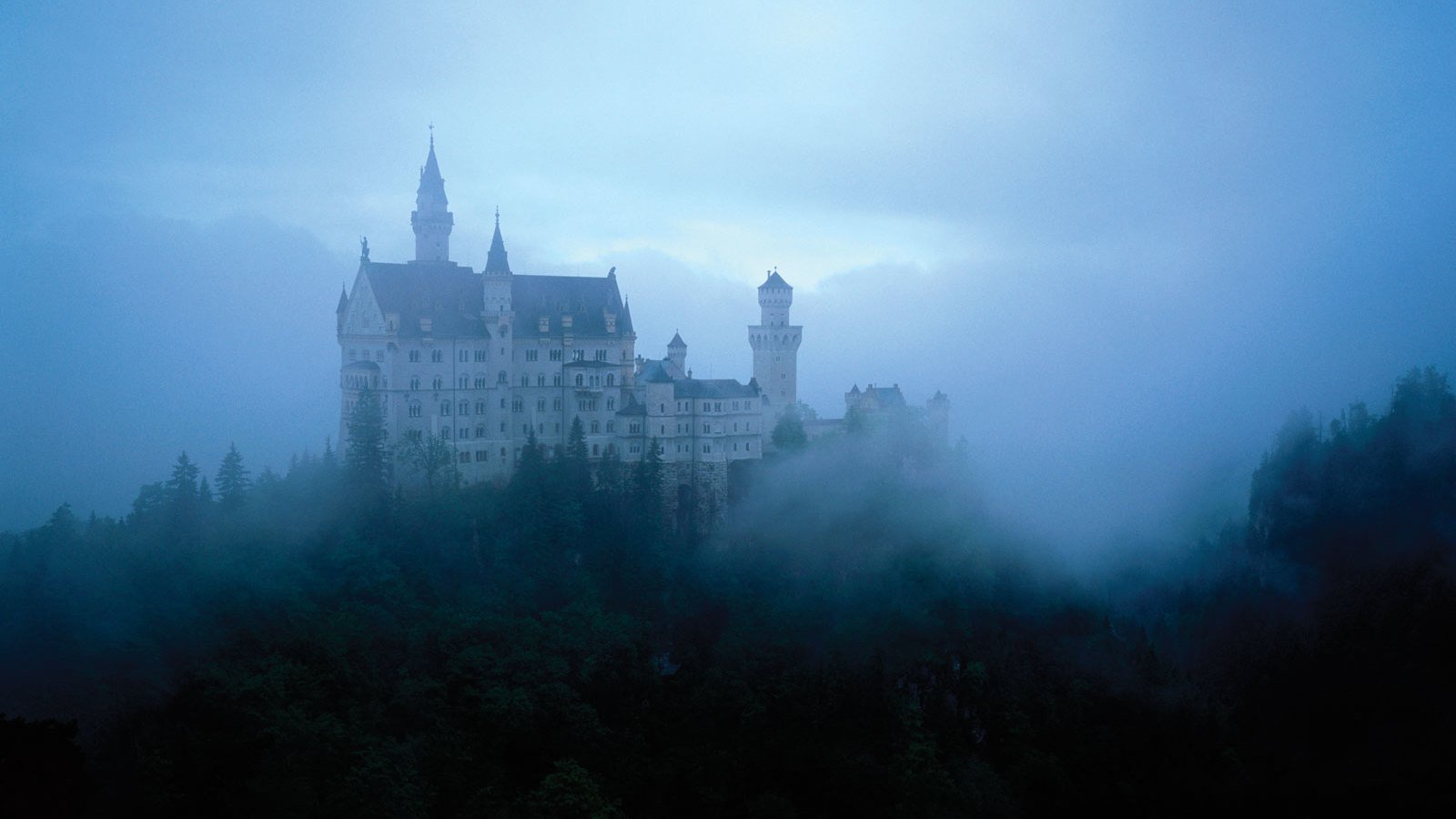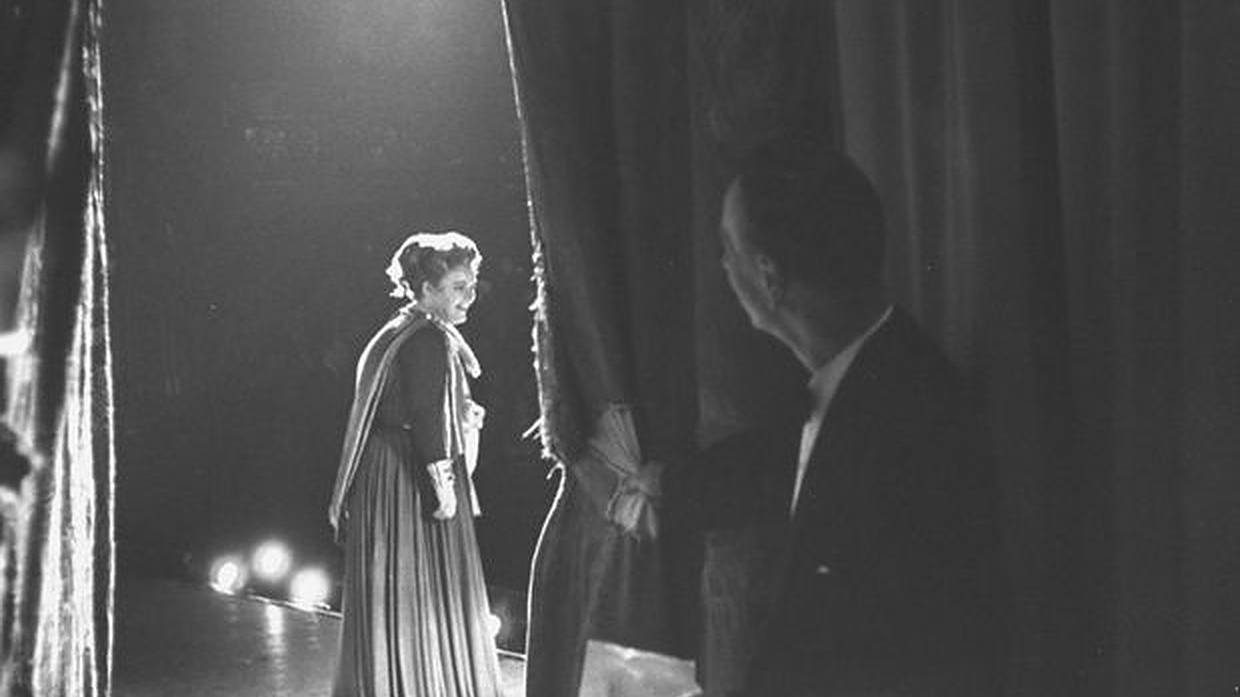Wagner’s “Tristan und Isolde”: Prelude and Liebestod
Culturally and aesthetically, Richard Wagner’s Tristan und Isolde was a game changer. From the moment the opera premiered at Munich’s National Theatre on June 10, 1865 (155 years ago this week), it elicited fervent and wildly conflicting reactions. Friedrich Nietzsche described “a lasting sense of ecstasy,” and proclaimed the work to be “the real opus metaphysicum of all art…[inspiring] insatiable and sweet craving for the secrets of night and death…it is overpowering in its …




